Migraine: 7 natural remedies for treating headaches
Often felt as severe throbbing in the head, a migraine is painful and incapacitating. Here are 7 tips for relieving these much-dreaded headaches naturally.
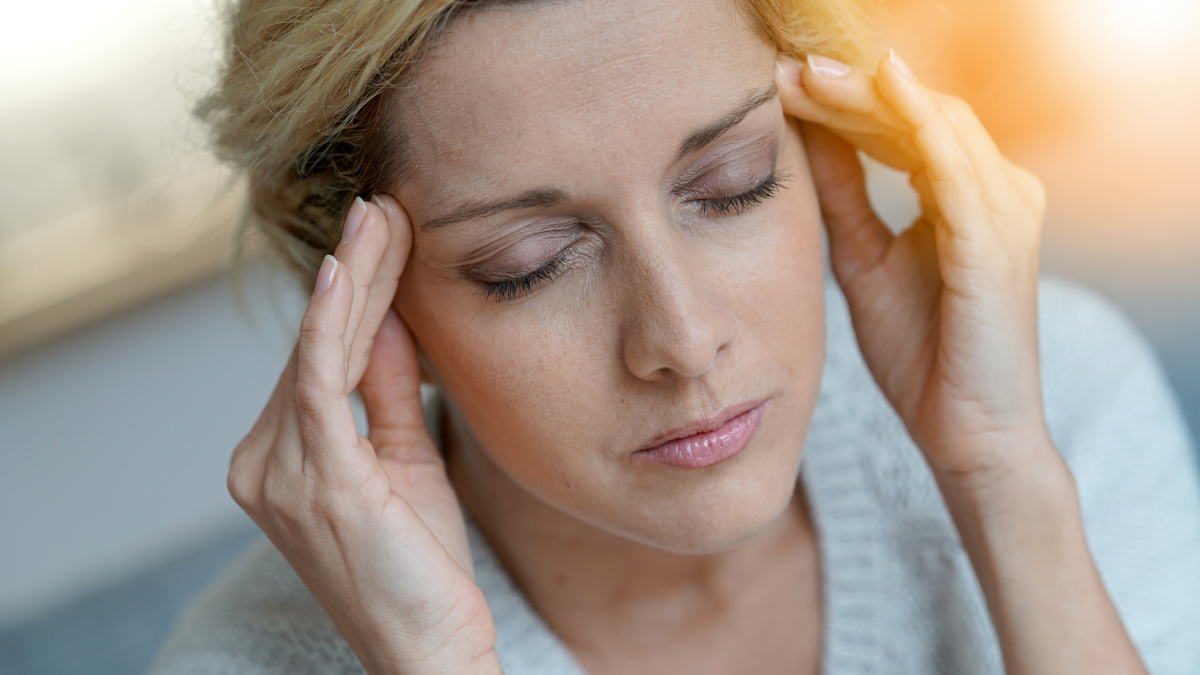
Recap: what do we mean by ‘headache’?
The umbrella term headache actually covers a wide variety of symptoms – both in terms of location and intensity.
Moderately painful but very common, a tension headache can make you feel as if your head is in a vice, with the pain sometimes radiating down your neck. While tension headaches tend to be an occasional occurrence, this is not the case for migraines which are characterised by the chronic nature of attacks: they are more intense and mostly affect one side of the head, generating throbbing pain which is exacerbated by movement. They may be preceded by an aura, a collection of - thankfully reversible - neurological symptoms (flashing lights, numbness, speech impairment …) (1)
Though the exact causes of a headache remain difficult to pinpoint, there are now a number of recognised aggravating factors: intense emotion, poor quality sleep, environmental changes, bad posture and untreated vision problems. The good news, however, is that natural techniques exist to combat them!
Avoid light and noise if you’re suffering from a migraine
Migraine attacks often produce photophobia and phonophobia - the inability to tolerate either light or noise (2). In such cases, you need to lie down comfortably in a quiet, darkened room, with the shutters or curtains drawn.
Have a cranial massage
At the first sign of a headache, you can prevent it from taking hold by releasing any accumulated tension with a gentle head massage (3). Focus on the most sensitive areas, for example:
- the temples, pressing them firmly with the palms of your hands;
- the base of the occiput (back of the head), delineated by two hollows on each side of the nape of the neck, making rotating movements with your thumbs;
- the whole scalp, contracting the hands like a spiders web.
If you’re prone to headaches, you can use these massage techniques regularly in a preventive capacity.
Look out for nutritional deficiencies
It could be that your diet has something to do with your recurring headaches. Several studies suggest a link between a lack of certain vitamins and a propensity for migraines. Deficiencies in vitamin B2 (riboflavin) and vitamin D in particular, have been observed in migraine-sufferers (4-5).
To optimise your daily vitamin intake and boost your defences against headaches, choose a multivitamin supplement (such as Daily 3, which contains no less than 12 vitamins and 8 minerals).
Free yourself from headache pain with sophrology
Through breathing, relaxation and visualisation exercises, sophrology helps you manage your headaches better, whatever form they take. You learn to distract yourself from the pain of an attack, as well as to control the ‘anticipatory fear of migraine‘ – a completely legitimate fear when the pain of a pounding head is all too common an occurrence. It’s worth noting that hypnosis can give excellent results too (6).
A hot or cold compress to relieve headaches
For relief of both mild headaches and severe migraines, applying a damp facecloth is a tried and tested solution. But should you use hot or cold water? It all depends on the type of headache!
For a tension headache, perhaps caused by too much work in front of a screen, a hot compress placed on the cervical vertebrae is excellent for relaxing over-tense muscles. Heat is also recommended for migraines accompanied by an aura which usually start with vasoconstriction (narrowing of blood vessels).
Migraines without an aura, however, normally involve vasodilation (widening of blood vessels). Applying a cold compress for its constricting effect would thus seem to be the better option here (7).
Take advantage of plants with relaxing properties
Yet again, we have to mention our old friend stress as it plays a significant role in the onset of headaches and migraine attacks. In particular, stress produces neuro-muscular tension which can creep up to the head. It’s therefore important to protect yourself from its effects as much as possible. Nature has happily provided us with a formidable living pharmacopoeia which we should take full advantage of!
Very popular for its sweet scent, true lavender (Lavandula angustifolia) plays a role in relaxation and in promoting good quality sleep (8-9). Essential oil of lavender can be found in certain calming formulations (such as Organic Relaxing Oil Blend, a synergistic supplement combining essential oils of true lavender, mandarin zest and caraway, all organically-grown).
Try foot reflexology for headache relief
From head to toe, the effects of reflexology are but one quick step away! According to this key discipline from ancient China, stimulating the reflex zone connected to the brain revitalises cerebral blood flow, thus helping to stop a migraine in its tracks(12).
You’ll find this reflex zone on the lower part and sides of the big toe. When pain strikes, massage these areas for 10 minutes using a plant oil or lotion. A safe and ingenious tip to keep in mind and have at your fingertips!
References
- Ahmed F. Headache disorders: differentiating and managing the common subtypes. Br J Pain. 2012;6(3):124-132. doi:10.1177/2049463712459691
- Woodhouse A, Drummond PD. Mechanisms of increased sensitivity to noise and light in migraine headache. Cephalalgia. 1993 Dec;13(6):417-21. doi: 10.1046/j.1468-2982.1993.1306417.x. PMID: 8313457.
- Quinn C, Chandler C, Moraska A. Massage therapy and frequency of chronic tension headaches. Am J Public Health. 2002 Oct;92(10):1657-61. doi: 10.2105/ajph.92.10.1657. PMID: 12356617; PMCID: PMC1447303.
- Chen YS, Lee HF, Tsai CH, Hsu YY, Fang CJ, Chen CJ, Hung YH, Hu FW. Effect of Vitamin B2 supplementation on migraine prophylaxis: a systematic review and meta-analysis. Nutr Neurosci. 2021 Mar 29:1-12. doi: 10.1080/1028415X.2021.1904542. Epub ahead of print. PMID: 33779525.
- Ghorbani Z, Togha M, Rafiee P, Ahmadi ZS, Rasekh Magham R, Haghighi S, Razeghi Jahromi S, Mahmoudi M. Vitamin D in migraine headache: a comprehensive review on literature. Neurol Sci. 2019 Dec;40(12):2459-2477. doi: 10.1007/s10072-019-04021-z. Epub 2019 Aug 3. PMID: 31377873.
- Wells RE, Seng EK, Edwards RR, Victorson DE, Pierce CR, Rosenberg L, Napadow V, Schuman-Olivier Z. Mindfulness in migraine: A narrative review. Expert Rev Neurother. 2020 Mar;20(3):207-225. doi: 10.1080/14737175.2020.1715212. Epub 2020 Feb 12. PMID: 31933391; PMCID: PMC7213534.
- Ucler S, Coskun O, Inan LE, Kanatli Y. Cold Therapy in Migraine Patients: Open-label, Non-controlled, Pilot Study. Evid Based Complement Alternat Med. 2006;3(4):489-493. doi:10.1093/ecam/nel035
- Sasannejad P, Saeedi M, Shoeibi A, Gorji A, Abbasi M, Foroughipour M. Lavender essential oil in the treatment of migraine headache: a placebo-controlled clinical trial. Eur Neurol. 2012;67(5):288-91. doi: 10.1159/000335249. Epub 2012 Apr 17. PMID: 22517298.
- Koulivand PH, Khaleghi Ghadiri M, Gorji A. Lavender and the nervous system. Evid Based Complement Alternat Med. 2013;2013:681304. doi:10.1155/2013/681304
- Leimuranta P, Khiroug L, Giniatullin R. Emerging Role of (Endo)Cannabinoids in Migraine. Front Pharmacol. 2018;9:420. Published 2018 Apr 24. doi:10.3389/fphar.2018.00420
- Aviram J, Vysotski Y, Berman P, Lewitus GM, Eisenberg E, Meiri D. Migraine Frequency Decrease Following Prolonged Medical Cannabis Treatment: A Cross-Sectional Study. Brain Sci. 2020;10(6):360. Published 2020 Jun 9. doi:10.3390/brainsci10060360
- Wojciech K, Pawel L, Halina RZ. Effects of feet reflexology versus segmental massage in reducing pain and its intensity, frequency and duration of the attacks in females with migraine: a pilot study. J Tradit Chin Med. 2017 Apr;37(2):214-9. doi: 10.1016/s0254-6272(17)30047-x. PMID: 29960294.
Keywords
1 Days
The products I use are excel·lent
The products I use are excel·lent
ROSAS Josep Maria
9 Days
Delivery is prompt and I never saw a…
Delivery is prompt and I never saw a quality problem with the manufacturing. It is not possible to assess efficacy on a personal basis, since too many factors come into play. Efficacy can only be assessed statistically with a sufficient number of cases.
Roger De Backer
10 Days
I collaborates with the Supersmart…
I collaborates with the Supersmart more than 10 years. Every thing is going good. Quality of the things is good. Delivery comes in time. Five stars definitely !!!
Oleksiy
10 Days
All good
Simple, frictionless site, easy ordering, good delivery updates and execution.
Chris Robbins
12 Days
I feel better
I feel better
Peter Ammann
13 Days
Prompt delivery
Prompt delivery
JAKUB Radisch
14 Days
My new go-to for top quality supplements!
I am buying more and more of my supplements from this superb, high quality company. Cannot recommend it enough. Plus, excellent customer service with a quick, helpful team and speedy deliveries. Highly recommend Supersmart!
Cecilie H.
18 Days
SUPERSMART WHAT ELSE👍
SUPERSMART WHAT ELSE👍
DIEDERLE Christophe
20 Days
Excellent quality products with…
Excellent quality products with innovative formulas, as someone who has been suffering with acid reflux, these supplements have been lifesavers.
Oriana Moniz
21 Days
high quality supplement!
high quality supplement!
GALANT
21 Days
Good service prompt delivery
Good service prompt delivery
Mrs Marcella Reeves
26 Days
I like your clear explanation
I like your clear explanation. And how to make a choice of products for a specific health problem
Ingrid
32 Days
Great product and it arrives quickly.
Great product and it arrives quickly.
SOMMARIVA Gianni
34 Days
Excellent products and fast service.
Excellent products and fast service. What do we need more?
Margarida
38 Days
The variety of products is amazing
The variety of products is amazing, the offers are good and the sending is very fast. I just miss having a bit more of guidance about combinations, possible interactions, etc.
Maria Angeles Verdu

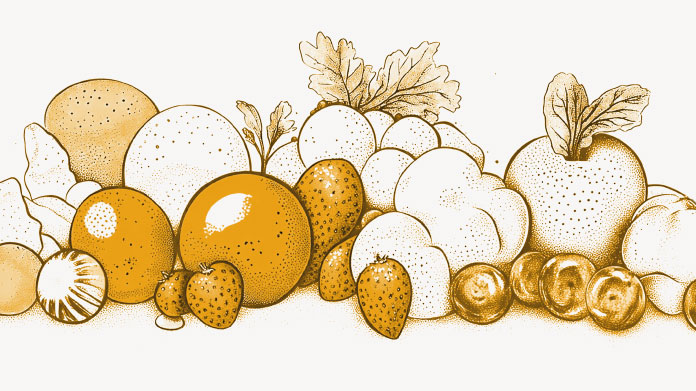
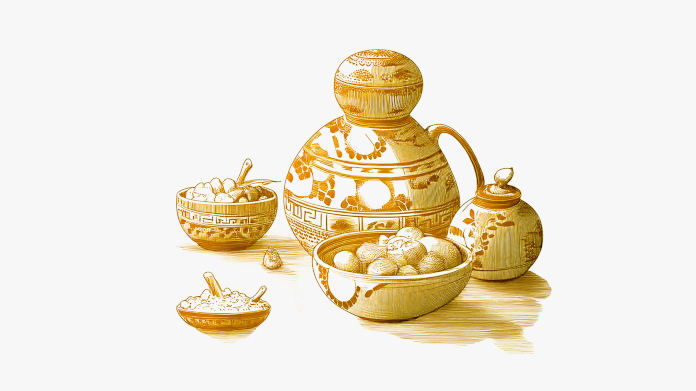
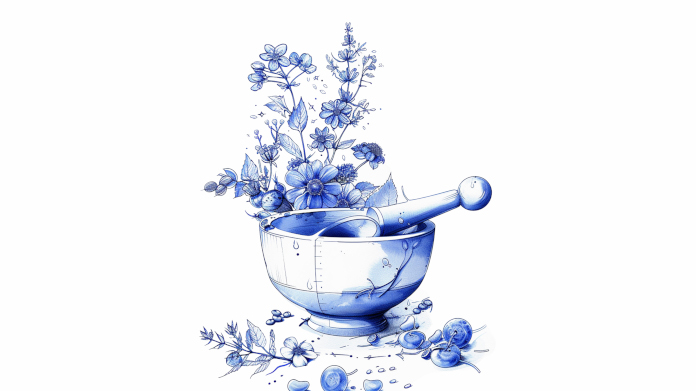
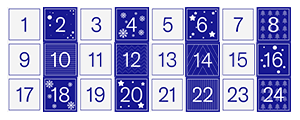
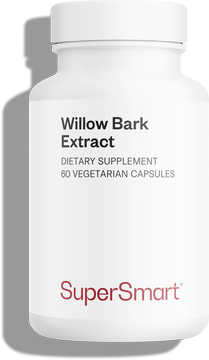
Fra124
21/10/2021
Why not mention feverfew among the herbal solutions? Personally it changed my life, going from 1 or 2 migrains per week to only one per month or more.